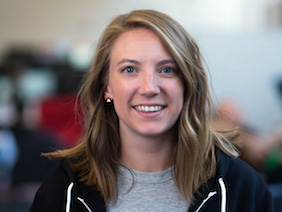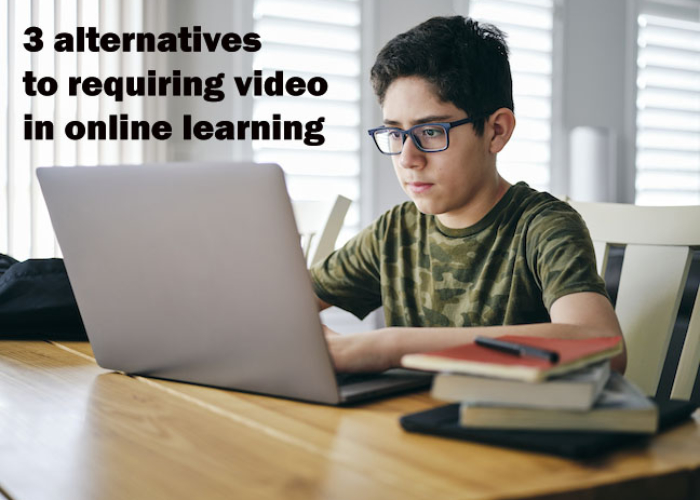
In the midst of a pandemic, schools are doubling down on core subjects like reading and math to beat “the COVID slide.” But in the effort to keep test scores up, we’re at risk of de-prioritizing play. In fact, PE may be the subject kids need most during a continuing global health crisis.
PE is often considered a low priority, a sentiment teachers feel is perpetuated by administrators, according to research in The Journal of School Nursing. Smart school leaders are taking steps to flip the hierarchy by empowering dynamic PE teachers with the time and resources to address the acute physical and mental health needs of students during lockdown.
The pandemic is exacerbating a decades-long decline in physical play for kids
A USC study released in October found that 66% of parents with children age 9 to 13 say their kids are getting less physical activity compared to pre-pandemic times. That’s on top of a 50% drop in active play for children over the last 40 years. Just when PE should be prioritized, it’s getting squeezed out of chaotic remote and hybrid learning schedules.
“I only get to see my kids virtually one out of every four days for 20 minutes,” says David Kober, a PE teacher at Katie Harper Wright Elementary in East St. Louis. PE teachers like Mr. Kober are coming up with creative ways to keep students moving and motivated during virtual learning by incorporating all kinds of activities into their classes—think yoga, Zumba, and even fitness challenges using online stopwatches they’ve coded themselves. Anything goes that involves collaborative problem-solving and physically active play.
“We love to combine movement and creativity,” says Mr. Kober, which is why he seeks out tools that allow kids to build—and even code—their own games.
PE goes hand-in-hand with social and emotional learning (SEL)
SEL was a hot topic before COVID-19, but it became a national imperative in 2020. According to a recent report by CASEL, 84% of state education representatives said that SEL increased in importance in response to COVID-19.
When students went remote this year, educators had to become much more intentional about building SEL into remote learning curricula. PE happens to be a class where SEL occurs naturally through games that combine active play with teamwork.
“I constantly tell the kids how important it is to be physically active at home,” says Mr. Kober. “Even if it’s for a short time, they need to get up and move every day. Being physically active is important for physical, emotional, and social health.”
In PE, we can teach resilience with the training wheels on
Practicing failure safely in a school setting is crucial for building the muscle of resilience in kids. In PE, teachers can create an environment where it’s safe to compete, to fail, and to learn from mistakes.
Think of what it was like learning to ride a bike—daunting at first with the prospect of scraped knees and hard falls, but an important life skill. Just like riding a bike, resilience is a skill best learned in childhood. That’s exactly what PE teacher Kevin Terry is doing for his students at Metro Nashville Public School where all kids from kindergarten through 4th grade are learning to ride bikes, many for the first time.
“The look of joy when they get a couple pedals going is amazing. It makes me feel great that I can give my students these opportunities they might not otherwise get at home,” says Mr. Terry.
PE teachers like Mr. Terry and Mr. Kober are helping their students learn resilience, teamwork, problem-solving skills, and perhaps most importantly, the joy of learning. We talk about the “COVID slide” as if kids are falling behind, but what they’re doing is surviving a pandemic. If the ultimate goal this school year is to maintain the physical and mental wellness of kids, our PE teachers have a critical role to play.
Bryanne Leeming is the Founder and CEO of Unruly Studios, a company that creates learning tools that combine active play with tough-to-learn concepts in technology. She strives to break down barriers in STEM education to make learning to code more playful, collaborative, and inclusive.
More from DA









